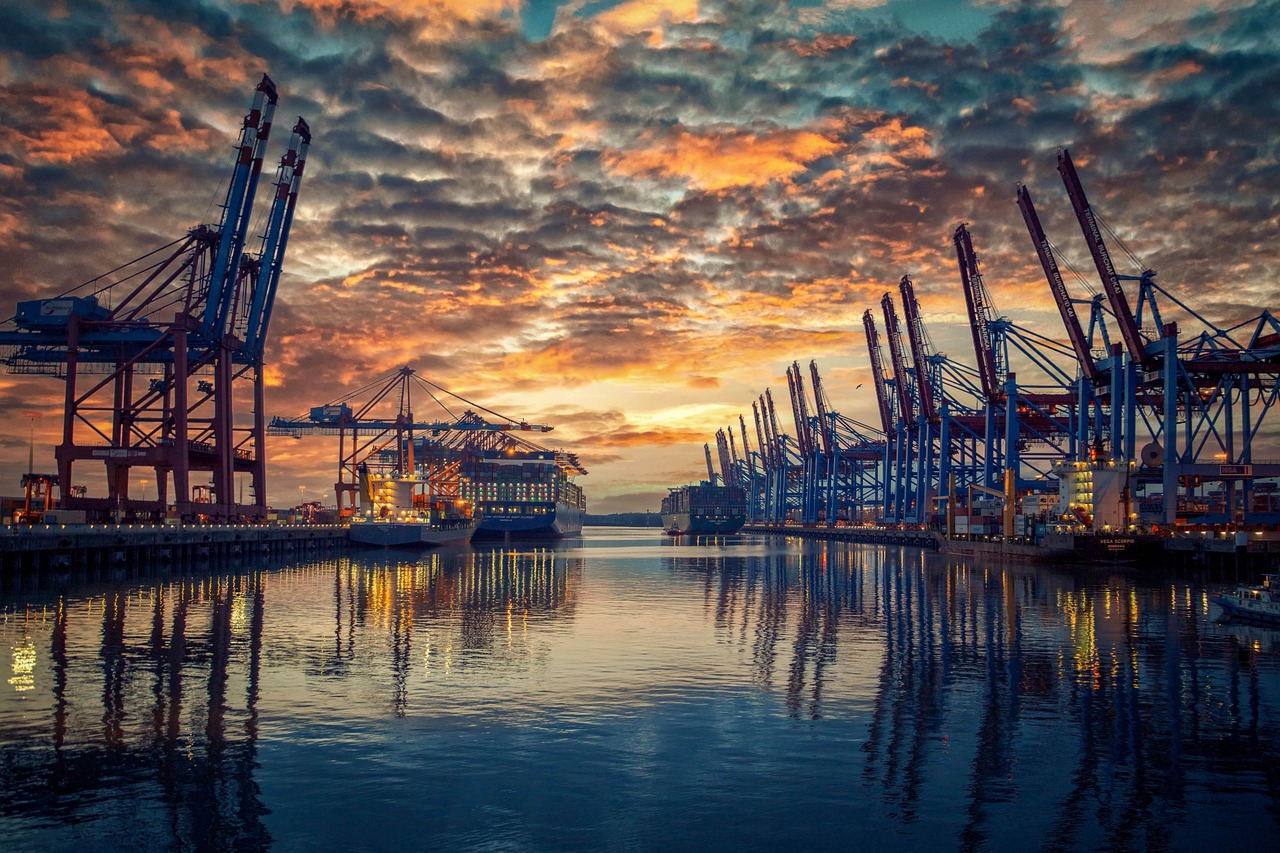
What types of enterprises require import and export agency services?
The following three types of enterprises most frequently require professional agency services:
- Manufacturing/Trading Enterprises Without Import and Export Rights
- A new foreign trade company conducting cross-border business for the first time
- Enterprises involved in specially regulated goods (such as medical devices, hazardous chemicals)
According to the General Administration of Customs data for 2024, approximately 37% of foreign trade enterprises in China conduct import and export operations through agency models, with small, medium, and micro enterprises accounting for 82% of this proportion. Agency services can assist clients in avoiding documentation errors (2024年Customs declarationThe error rate statistics indicate that the self-reported error rate is 3.2 times higher than that of agent-reported filings.
How to verify the compliance qualifications of an agency company?
Four core qualifications that must be verified:
- Customs AEO certification(The 2025 edition of the certification standards has added requirements for digital customs clearance capabilities.)
- Foreign Exchange Administration Bureau registeredForeign exchange receipt and payment qualification
- Industry association to which it belongsStar Rating Certificate
- Specific product categories,Special Business License(If the medical device requires CFDA filing)
What is the standard procedure for handling import and export agency services?
Standard process after the 2025 electronic port upgrade:
- The preliminary preparation phase
- Sign a tripartite service agreement (manufacturer - foreign trade company - agent).
- Advance Classification Ruling (It is recommended to use the General Administration of Customs 2025 Edition Classification Inquiry System)
- Execution phase of customs clearance
- Digital document production (must comply with international standards)Trade termsGeneral Rules of Interpretation (2020 Edition)
- Connection with the intelligent customs declaration system
- Post-management phase
- Export tax refundActing on behalf (According to the 2024 regulations of the State Taxation Administration, the agent must retain document images for 5 years)
- Foreign Exchange Verification and Tracking
This article analyzes core concepts of import-export rights agency, applicable scenarios, and key points of 2025s latest policies, helping companies master agency service selection criteria, cost structures, and risk prevention measures.
Example of Industry Standard Fee Structure for 2025:
- Basic Service Fee: 0.8%-1.2% of the cargo value (for general goods categories)
- Special Additional Charges:
- Customs Inspection Agency Fee: RMB800-1500 per batch
- Certificate of Origin: RMB200-400/copy
- Special packaging: 15% surcharge based on actual cost.
- Risk deposit: 10% of the contract amount (installment payment negotiable)
What new policies should be noted for import and export agency in 2025?
Key policy changes for this year:
- E-invoices will completely replace paper documents.(Ministry of Finance Announcement No. 1 of 2025)
- Additional requirement for uploading UN38.3 test report in lithium battery transportation.
- ASEAN Certificate of Origin adopts QR code anti-counterfeiting label.
It is recommended that enterprises require the agency to provideMonthly Policy Update Briefing, with a focus on the reform of the "Smart Customs" clearance model to be implemented by the General Administration of Customs in 2025, which will affect the declaration process for over 30% of goods.
How to Prevent Legal Risks in Proxy Services?
Three boundaries of responsibility that must be clearly defined:
- Specify in the agency agreementThe ultimate owner of the intellectual property rights of the product.
- Clarify the criteria for assigning responsibility for declaration errors (it is recommended to refer to the 2024 revised version of the "Customs Administrative Penalty Regulations").
- Agreement on the party responsible for bearing foreign exchange rate fluctuation risks
The 2024 foreign-related economic dispute cases reveal that 37.6% of agency disputes stem from unclear liability agreements. It is recommended to conductTrade compliance review, with special attention to the U.S. EAR regulations and the EU anti-dumping and countervailing investigation product list.


 Follow Customer Service WeChat
Follow Customer Service WeChat